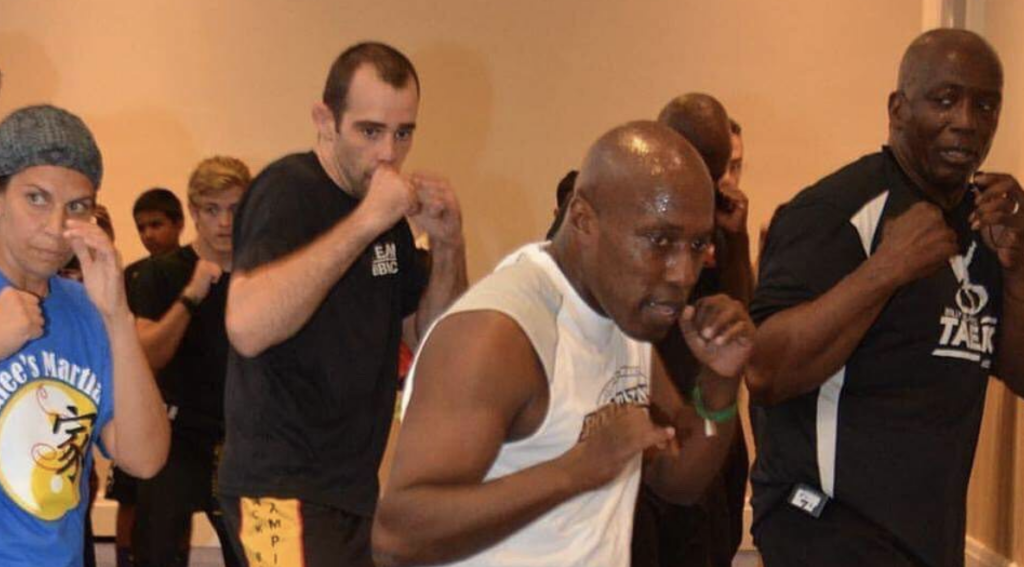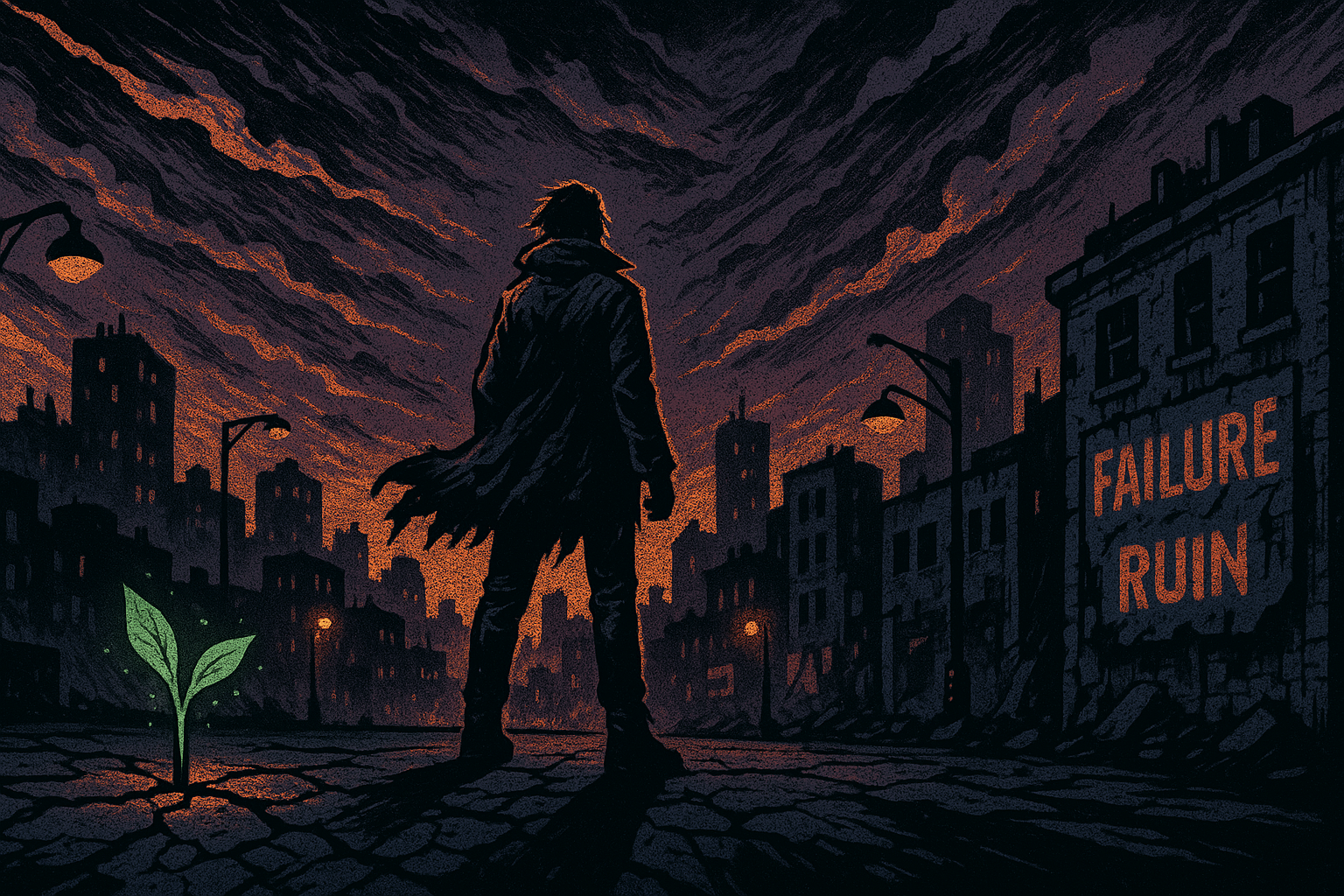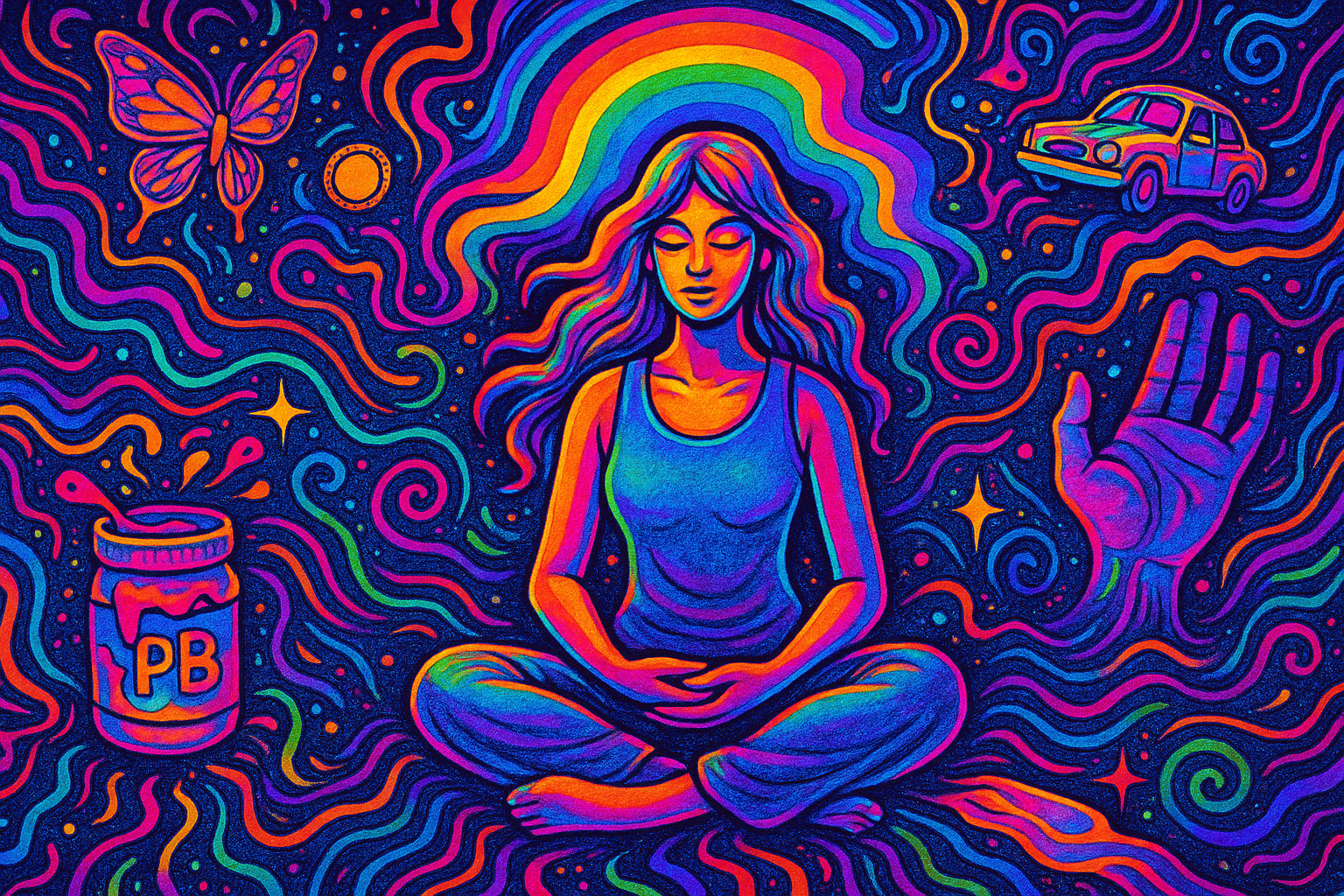Though we all go through plenty of highs and lows in life, few people have seen the extreme ends of the spectrum as clearly as Willie ‘The Bam’ Johnson. For anybody who is a fan of martial arts, Johnson is something of a legend. He’s the first American in history to win be a nationally-ranked, Triple Crown martial arts champion and holds fifth- and seventh-degree black belts in karate and kung fu, respectively. Beyond that, he’s also trained in jujitsu, Thai boxing, wrestling, kickboxing and Tai Chi. To top it all off, he achieved the rank of Grand Master in 1995 and has been inducted into the Martial Arts Hall of Fame.
Still, nobody is more in awe of his ascendancy than Johnson himself. “As a six-year-old kid growing up in the city of Baltimore in a community called Lafayette Projects,” Johnson says, “there were a lot of things going on in my household.” Beyond the general struggle of growing up in a poor, hard-working family, there were also significant family dysfunctions. “I was being molested and [experiencing] things that made me feel so less-than by other family members.”
The first germ of change happened only by accident. “There was this one moment where my mom had allowed me to go to this movie called Chinese Connection with a neighbor,” Johnson says. “I went there and I got a chance to see Bruce Lee. And I didn’t see Bruce Lee, I saw me. I saw an opportunity and I found a way to get through the pain I was going through.” From that day forward, there was virtually never a moment when Johnson wasn’t honing his martial arts skills.
Although he had all the enthusiasm, finding ways to practice was somewhat challenging. “In that time, there weren’t that many schools or people who were doing martial arts,” Johnson says. “You would have to find somebody who learned it in the military or a guy who was teaching privately. I found a guy who was teaching privately and he began to help me along.” Before long, Johnson was learning privately, sitting in on classes with the permission of instructors and honing his craft. Slowly but surely, he took things to the next level.
“As I got a little older, around 10,” he says, “My sister moved out and I made my own dojo in my apartment.” He started having kids in the neighborhood over to teach them privately until a few years later, one of his younger students suggested they try offering the class in a local community center. “I went over there, the first thing the guy told me was, ‘What are you talking about?'” Johnson says. “‘You’re only 12 years old, you can’t teach no class.'”
After that, Johnson and his troupe of kids went outside to practice in the field—where they were spotted by Kenneth Parker, a counselor at the community center. As it turns out, Parker was so impressed that he talked the owner into letting him lead a martial arts class at the center for the kids. “[Parker] was already a black belt in karate, did yoga, was into holistic health,” Johnson says. “He became a mentor and kept reinforcing my creativity.”
By the time he was 17, Johnson had competed in (and won) tournaments. By the time he was 18, he had his own martial arts school in Baltimore. As the 80s rolled in, Johnson’s star was on the rise—right as crack cocaine and heroin were flooding the city streets. “I started really being recognized in magazines,” he says. “All those dreams I had as a kid were now manifesting. But because of the influx of crack cocaine and heroin, all of my friends were becoming big-time drug dealers.”
The neighborhood Johnson remembered as a kid was eroding, replaced with gun fights and drug dealers. It culminated when Johnson saw his best friend get shot up outside his home. “Friends were hurting friends, family was hurting family,” Johnson says. “That’s when my addiction really took off.” Though it included drug use, the issue was more complex than that. “I was addicted to carrying guns, selling drugs, using drugs,” he says. “I never put a needle in my arm but [I] was addicted to a lifestyle.”
At home, Johnson’s mom was struggling with cancer. In his world, he had scored his first official cover shoot for a martial arts magazine. His plan was to go to the shoot and then go out partying—but he missed the bus. Instead of shooting for the magazine, he went home to see his mother, who was particularly ill. “My mom died in my arms [that night],” he says. “Her last words were, ‘Be good, Bam Bam.’”
Things got worse after that. “When she died, I was on the path to suicide,” he says. “I was smoking everything, taking everything. I ended up homeless. I was eating out of trash cans.” It wasn’t long after that Johnson found himself serving a year-long sentence in federal prison. “When I got locked up, I had crack cocaine in my pocket after they searched me,” he says. “After all that happened, I thought, ‘I could take this crack and go crazy, or I can flush it down the toilet and ask God to give me a chance.’” He chose the latter.
Johnson started working with a drug counselor in prison and working a 12-step program. He came up with the idea for Stronger than Drugs, a program to keep Baltimore kids ages four to 17-years-old off of drugs. Despite all his success and personal achievements, his sponsor doled out some hard lessons to Johnson. “I had five kids,” Johnson says. “My sponsor would say to me, ‘Don’t come in here like you’re all clean and sober when you still have an alcoholic’s behavior. When you go home, you gotta respect women. And secondly, go get your kids and raise your kids. Pay off your child support and stop talking like you’re some gangster on the streets. When you do all that, I’m impressed.’”
When he got out of jail, Johnson made good on his promise. “I still do everything I did in jail to this day,” he says—that means practicing martial arts, trying to guide the youth away from drugs and crime and relentlessly pursuing self-development. Aside from teaching students, Stronger than Drugs remains one of Johnson’s biggest projects. “Our ultimate goal is to educate the kids,” he says. “How do we educate them so they don’t have to come in a room and say, ‘Hey, my name is Johnny and I’m an alcoholic.’” Just as every great journey begins with a single step, Johnson’s philosophy behind his recovery and his success is as simple as can be. “In the martial arts, we say that a black belt is just a white belt that never quits,” he says. “And that’s what AA is. We’re just beginners who never quit.”



